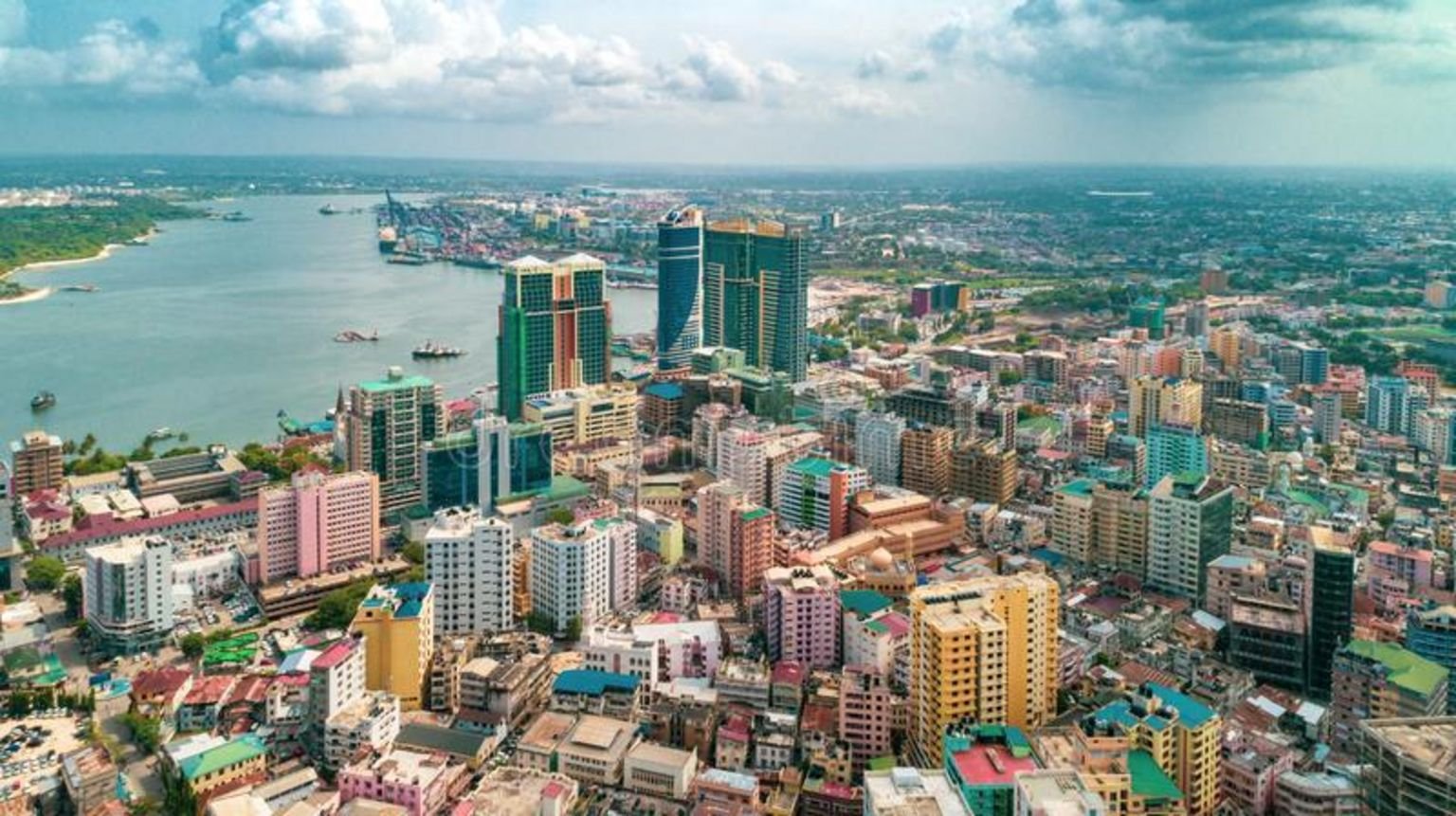Why Are Foreigners Investing in Tanzania While Many Locals Hesitate?

Foreign investors don’t rely on gut feelings. They do research, analyze trends, and study markets. They make decisions based on facts, not fears, influence or rumours.
Have you ever noticed that most big businesses in Tanzania, from luxury hotels in Zanzibar to large farms in Iringa and factories in Dar es Salaam, are owned by foreigners? This tells us something significant: Tanzania is an attractive destination for investment. But it also reveals a big concern that Tanzanians are missing out.
Why Foreigners Are Investing in Tanzania
1. They See Potential to invest
Tanzania is blessed with fertile land, political stability, a young, energetic population, and abundant natural resources. To foreigners, this is a goldmine. They see what we often ignore: this country is rich with untapped potential in agriculture, tourism, technology, minerals and trade opportunities.
2. They Understand Investment
In many developed countries, financial literacy is taught from an early age. They grow up learning how money works, how to save, invest, and build wealth. This gives them confidence to make calculated investment decisions, while many of us fear even putting TZS 100,000 into a small business.
3. They Think Long-Term
Foreign investors are patient and strategic. They’re not looking for profits in one week. Some are willing to invest and wait 5 - 10 years before seeing returns. In contrast, many local investors expect quick results, and if they don’t come, they give up their business.
4. They Use Data, Not Emotions
Foreign investors don’t rely on gut feelings. They do research, analyze trends, and study markets. They make decisions based on facts, not fears, influence or rumours. That’s why they succeed even in environments that look “too risky” to the average Tanzanian.
But if foreigners can see the value in our land, people, and economy, why do we hesitate? Why are we standing on gold while watching others mine it?
Why Many Tanzanians Don’t Invest?
1. Lack of Financial Education
Most Tanzanians were never taught how to manage or grow money. We don’t learn about savings, interest rates, inflation, or investment strategies in school. So when we get income, we consume it all or save it under the mattress, not knowing how to multiply it.
2. Fear of Loss or Scams
Let’s be honest, some people have lost money through pyramid schemes, fake forex platforms, untrustworthy business partners, or failed investments. These bad experiences make us afraid to continue with an investment or start a new business. But fear shouldn’t stop us from learning how to invest the right way.
3. Belief That Investing Is for the Rich
There’s a dangerous myth that you need millions to invest. It’s not true. Even with TZS 10,000, you can start saving in a digital wallet, join a SACCOS, or buy small government bonds. Investment is a habit, not a privilege for the rich.
4. Focus on Quick Money
Too many young people are chasing fast profits like betting, online scams, or fake “get-rich-quick” deals. This mindset is killing long-term growth. True investment is like farming: you plant today, water daily, and harvest later.
What are the Consequences of Doing Nothing?
If we continue to let others invest while we watch, we will always work for others. We’ll rent from their buildings, buy from their shops, depend on their jobs, and follow their rules. They will control our economy, while we remain labourers in our own country. And, we should remember that when a foreigner owns land, a factory, or a digital business in Tanzania, they take the profits to their home country, and not to our communities.
